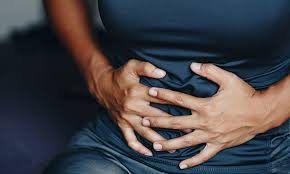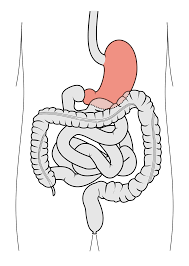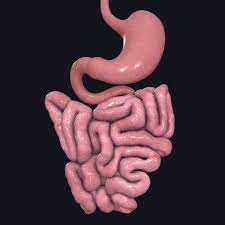Endometriosis: Fact Vs Fiction
- Apr 21, 2022
- 2 min read
In the age of growing awareness of different medical issues and a better understanding of public
health and women’s health, most people require people who will understand issues that have
been so far overlooked.
In a lot of healthcare facets before, there has been a system of ignoring the concerns of women
who complain about things like heartburn or menstrual cramps and some even go as far as to
label them as “dramatic.” However, it has become more addressed recently as to who gets to
make diagnoses, and women with these kinds of sensitive problems are being heard and
addressed by providers.
One such large issue is Endometriosis. This is a disease that affects the reproductive organs of
mostly women, but in some cases men as well.
The symptoms of Endometriosis are dysmenorrhea (painful menstrual cramps), excessive
bleeding, bloating, or painful intercourse. All of these symptoms are seen as mild and
sometimes the connection to a disease like Endometriosis isn't made.

This is especially problematic because endometriosis leads to infertility in many cases and
reduces the chances of women getting pregnant by around 30-50%.
The disease itself causes painful menstrual cycles due to the damage it causes within the lines
of tissue within a uterus. When the lining starts growing outside of the uterus instead of lining
the inside, it causes discomfort and pain, even to point of a blackout or lack of response to normal
painkillers.
One common myth of endometriosis is that periods always painful and heavy. While this may be true for
some people, there is no guarantee that those who have the disease will always have painful
cycles and sometimes they can even be peaceful.
Another common myth is that getting pregnant can cure endometriosis. This is not true
considering that a woman getting pregnant with endometriosis is possible but it does not mean
that this is a cure for the disease.
Another myth surrounding endometriosis is that it is caused by getting an abortion. This is false
because the cause of this disease is still not completely known, but it is theorized that it has to
do with genetics that is passed down from birth or maybe due to compilations in the menstrual
cycle. Getting an abortion has nothing to do with endometriosis.
That being said, if these are all myths, what is true about endometriosis that we know of so far?
We do know that it is very important for women to get tested for endometriosis if they feel any
symptoms or have any family that has the disease as well in order to be safe.
These days, healthcare itself is evolving to reflect the growing changes in society itself and it is
becoming more important to listen to people with their symptoms and give them a diagnosis
even if it has previously been seen as ‘dramatic’ or ‘unnecessary’.
Throughout the years, this has been addressed more, and we know that this disease can
present complications to pregnancies and menstrual or reproductive health in general.
All in all, it is best to talk about reproductive health for both men and women and allow there to
be a proper listening period and a proper diagnosis to help those who need it when it comes to
diseases that don't have a certain cause or cure like endometriosis itself.




Comments